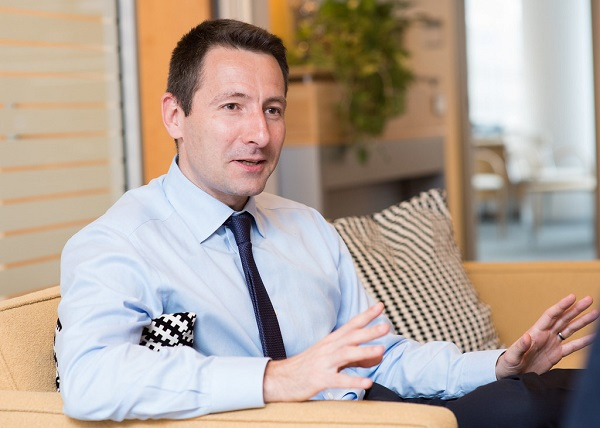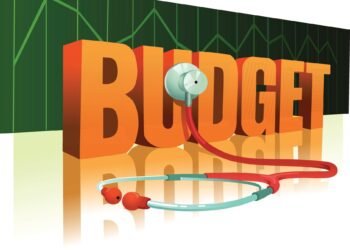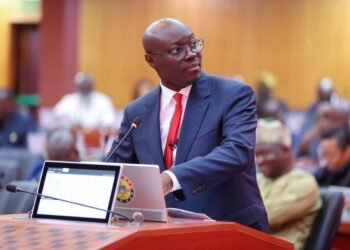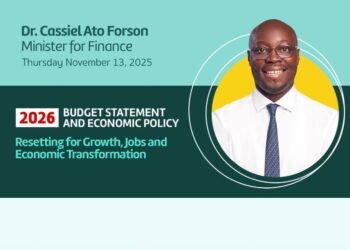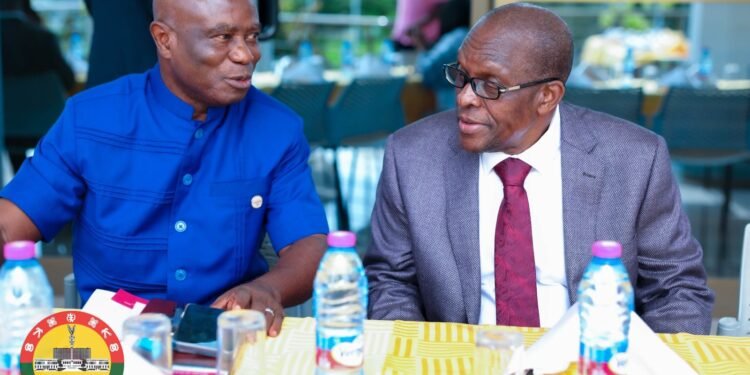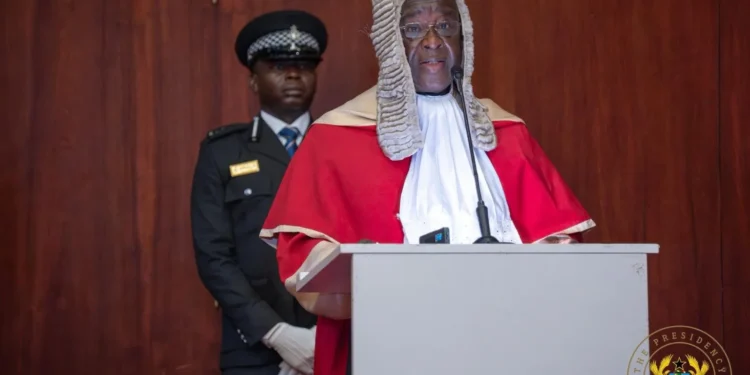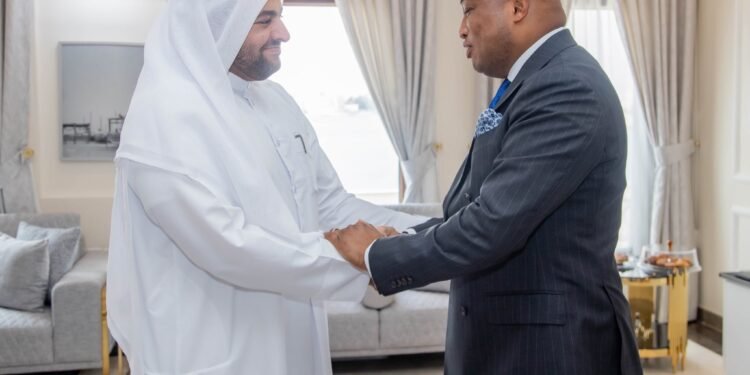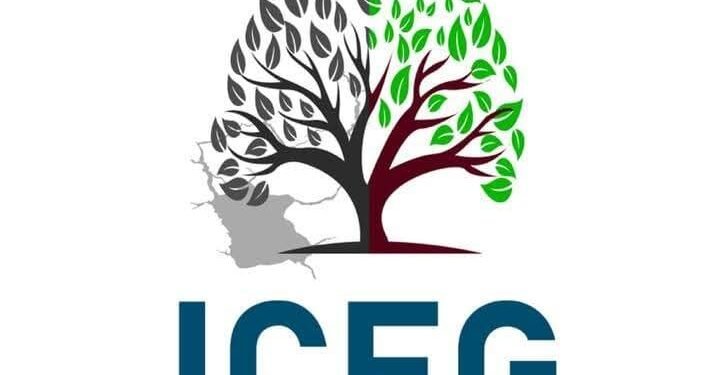Ghana’s engagement with the International Monetary Fund (IMF) continues to progress positively, according to Stéphane Roudet, IMF Mission Chief for Ghana.
Speaking during the IMF/World Bank Spring Meetings in Washington DC, Roudet confirmed that the country’s three-year programme remains on track, with key structural reforms and fiscal targets being met thus far.
“Our assessment is that the programme is progressing as planned,” Roudet said, adding, “we are hopeful that the end-programme targets will be achieved.” His comments reflect growing confidence within the IMF about Ghana’s near-term performance, supported by institutional reforms designed to strengthen fiscal management and reduce debt vulnerabilities.
However, Roudet’s optimism was tempered by a critical caveat: the ultimate success of the programme will depend on Ghana’s ability to maintain reform momentum, particularly through the critical period leading up to 2026.
Institutional Reforms as Guardrails
A key area of progress noted by the IMF is Ghana’s introduction of new legal frameworks aimed at reinforcing fiscal discipline. These reforms, according to Roudet, are foundational to ensuring sustainable economic management beyond the lifespan of the programme.
“Another thing that has given us some assurance is that necessary laws have been instituted to enhance fiscal discipline going forward. What we have been pushing for has already been put in place regarding the laws, and that should act as a check on government spending going forward.”
Stéphane Roudet
By legislating fiscal rules, Ghana seeks to institutionalize budgetary discipline and protect economic gains from the risks of political interference, especially during electoral cycles. Yet, Roudet emphasised that laws alone are insufficient if not accompanied by consistent adherence to fiscal targets.
Future Reforms Will Be the Defining Challenge
Despite initial achievements, the IMF Mission Chief pointed to a broader concern: the need for Ghana to sustain reforms beyond the immediate review periods. He underscored the importance of planning ahead, warning, “This is not just about today but also about preparations for next year and the 2026 budget, which will be very important.”
The analytical challenge, therefore, is forward-looking. While early indicators suggest the programme is working, future performance—especially under political and economic pressures—will ultimately determine whether Ghana’s macroeconomic recovery is permanent or temporary.
The emphasis on 2026 reflects the IMF’s strategic interest in anchoring fiscal discipline over the medium term, particularly as Ghana targets a 55 percent debt-to-GDP ratio by 2028.
The credibility of fiscal consolidation efforts will hinge on the government’s ability to sustain politically difficult reforms.
Divergent Views: Civil Society Raises Alarms
While the IMF remains publicly optimistic, local analysts and civil society organisations have sounded alarms over possible slippages. Bright Simons, Vice President of IMANI Ghana, warned that Ghana risks missing critical programme benchmarks.
“Already, the current data shows that things might not look good when the programme ends in May 2026,” Simons cautioned, highlighting lagging revenue mobilisation efforts and the daunting task of reaching the debt sustainability target.
Analysts have even suggested that Ghana may eventually require an extension of the IMF programme or enter a successor programme to address gaps in implementation.
These warnings reflect broader concerns about the depth of the country’s structural challenges, especially in revenue generation and expenditure rationalization.
IMF Dismisses Extension Speculations
Responding directly to concerns about a possible programme extension, Roudet was unequivocal.
“Programme extension has never been on the table. This is something that we have not been discussing during the Fourth Review mission visit.”
Stéphane Roudet
Rather than contemplating extensions, the IMF’s focus remains on immediate corrective actions and ensuring Ghana stays aligned with agreed targets. “Our focus has been on what should be done to bring the programme back on track,” Roudet reiterated.
This firm stance signals the IMF’s preference for Ghana to meet current targets within the programme’s original time frame, maintaining credibility and market confidence.
Clarifying the basis of the recently concluded Fourth Review, Roudet explained that the Staff Level Agreement took into account both Ghana’s 2024 achievements and the government’s pledged reforms for 2025.
“We factored in what happened in 2024 and the commitment by the government to implement measures addressing challenges realised in previous months.”
Stéphane Roudet
This balanced approach reflects the IMF’s pragmatic recognition that while past performance is essential, sustained future commitments are equally critical in complex macroeconomic adjustment programmes.
Ghana’s IMF programme is currently on course, supported by necessary legal and structural reforms. However, the ultimate success of the programme—and by extension, the sustainability of Ghana’s macroeconomic stability—will depend on whether future governments uphold the discipline and reform spirit required to achieve long-term targets.

